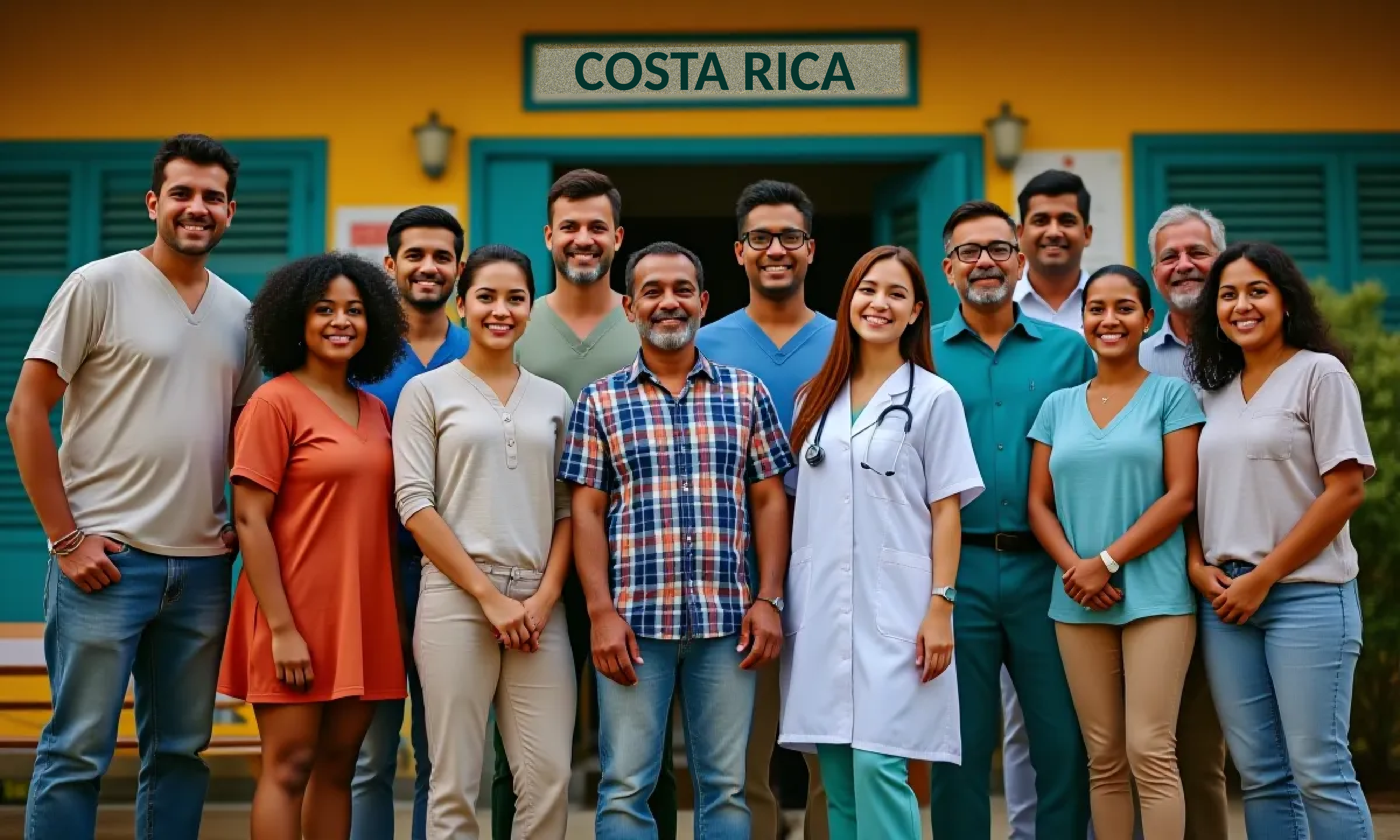
Costa Rica boasts a robust public healthcare system renowned for its affordability and quality. Administered by the Caja Costarricense de Seguridad Social (CCSS), the system provides comprehensive coverage to citizens and legal residents. However, navigating the intricacies of healthcare as an expat can be challenging. This guide aims to demystify the process and provide essential information.
Table of Contents
Accessing Public Healthcare as an Expat
While Costa Rica’s public healthcare system is primarily designed for citizens and legal residents, expats aren’t entirely excluded.
- Legal Residency: Obtaining legal residency through approved immigration channels grants access to the CCSS, providing healthcare benefits akin to those enjoyed by locals.
- Private Health Insurance: Meeting specific CCSS criteria, private health insurance can serve as an alternative. Policies must typically cover a substantial amount for emergency care and carry a reasonable deductible.
- Paciente Particular Program: This CCSS program offers subsidized health insurance to those ineligible for membership. While more affordable, coverage is limited.
It’s worth noting that some private insurers collaborate with the CCSS, providing patients with a hybrid of public and private care.
The CCSS: A Cornerstone of Costa Rican Healthcare
The CCSS offers a wide spectrum of medical services, from preventative care to specialized treatments. Its network of clinics and hospitals ensures accessibility across the country.
Key services include:
- Preventative care: Regular check-ups, screenings, and vaccinations.
- Hospitalization: Inpatient care for critical conditions.
- Specialized treatments: From cancer care to physical therapy, the CCSS provides diverse treatments.
Beyond medical care, the CCSS offers financial support through programs such as disability pensions and survivor benefits.
Balancing Public and Private Healthcare
While the CCSS provides a solid foundation, some expats opt for supplementary private insurance. This can offer quicker access to specialists, shorter wait times, and additional coverage.
However, it’s crucial to weigh the costs and benefits of private insurance against the comprehensive care offered by the CCSS. Many find a combination of both to be the most suitable option.
Key Considerations for Expats
Understanding Costa Rica’s healthcare landscape is essential for expats. Here are key points to remember:
- Legal residency: Obtaining legal residency through approved immigration channels is the most direct path to accessing public healthcare.
- Insurance options: Carefully evaluate private insurance plans to ensure they meet CCSS requirements and provide adequate coverage.
- Paciente particular program: Consider this option as a temporary solution or for limited healthcare needs.
- Language barriers: Being fluent in Spanish or hiring a translator can significantly improve healthcare experiences.
- Emergency care: Familiarize yourself with emergency procedures and locations.
By understanding these factors, expats can navigate Costa Rica’s healthcare system effectively and enjoy peace of mind.
